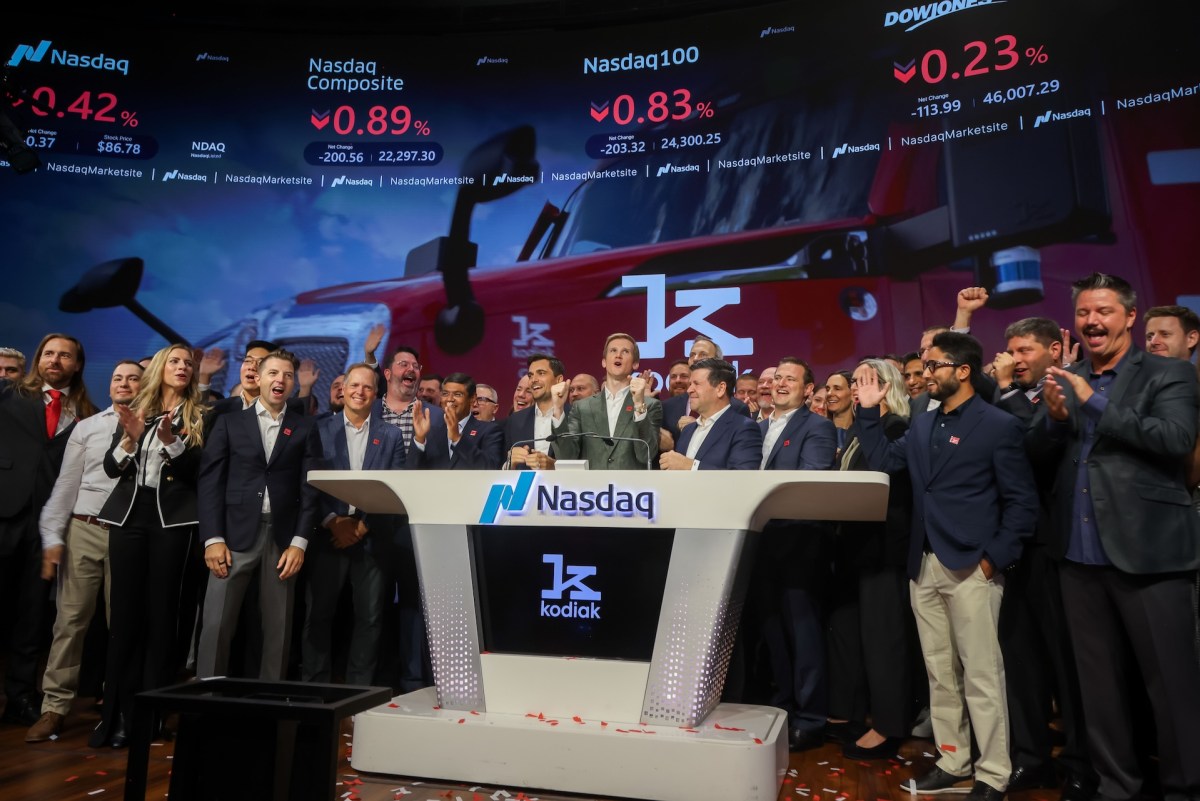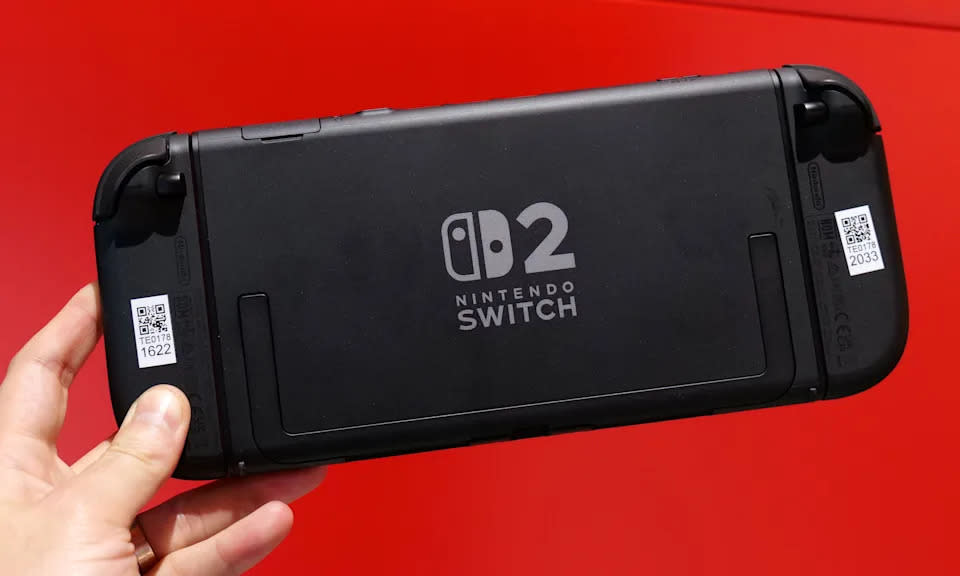The autonomous vehicle (AV) industry continues to evolve, marked by significant developments from startups like Kodiak Robotics and Gatik, as well as organizational changes at Hyundai’s Supernal. As the sector progresses, it remains in a state of flux, characterized by innovation and strategic shifts.
Kodiak Robotics, a prominent player in the self-driving truck market, recently made headlines by going public through a merger with Ares Acquisition Corporation II, a special-purpose acquisition company (SPAC). The merger, which valued Kodiak at approximately $2.5 billion, allows the company to access public markets for the capital-intensive journey of developing autonomous driving technology. Kodiak Robotics, now referred to as Kodiak AI, began trading on Nasdaq under the ticker symbols KDK and KDKRW.
Founded in 2018, Kodiak Robotics has focused on creating autonomous trucks for various applications, including highway transport, industrial uses, and defense operations. The company raised $275 million in financing, with significant contributions from institutional investors. This funding is crucial as Kodiak aims to scale its operations and enhance its technology.
Don Burnette, the founder and CEO of Kodiak, emphasized the importance of accessing public capital to support the company’s growth trajectory. He noted that the decision to pursue a SPAC merger rather than a traditional IPO was based on timing and the strategic needs of the company. This move is particularly significant given the capital-intensive nature of building and scaling autonomous driving technologies.
In addition to its public debut, Kodiak is eyeing opportunities in the defense sector. Burnette highlighted the potential for autonomous vehicles in logistics and reconnaissance, stating that the demand for unstructured autonomy in defense applications is a key area of focus for the company.
Meanwhile, Gatik, another startup in the autonomous logistics space, has secured a multi-year partnership with Loblaw, Canada’s largest retailer. The agreement entails deploying 20 autonomous trucks by the end of 2025 to facilitate driverless deliveries to Loblaw’s network of stores in the Greater Toronto Area. Gatik plans to expand its fleet by an additional 30 trucks by 2026, demonstrating a commitment to scaling its operations.
Gatik’s autonomous trucks will manage a complex regional network, picking up products from two distribution centers and delivering them to over 300 retail locations. This partnership is noteworthy not only for its scale but also for its operational complexity, moving beyond traditional fixed-route pilot programs to a more integrated commercial solution.
In contrast to the progress seen at Kodiak and Gatik, Hyundai’s Supernal is undergoing significant leadership changes. The company, which focuses on electric air taxis, has confirmed a reorganization of its C-suite, including the departure of Chief Strategy Officer Jaeyong Song and Chief Safety Officer Tracy Lamb. This transition comes in the wake of halted work on Supernal’s air taxi program, raising questions about the future direction of the startup.
Song’s exit is particularly notable given his previous role as Vice President of Hyundai’s Advanced Air Mobility division, from which Supernal was established in 2021. The leadership shake-up suggests a shift in strategy for Supernal as it looks to redefine its objectives in the competitive air mobility landscape.
In other developments within the automotive and tech sectors, several startups are making strides in funding and innovation. For instance, Moxion Power’s founders have launched a new venture, Anode Technology Company, which focuses on mobile battery solutions for electric vehicle charging and remote power supply. This startup recently raised $9 million in seed funding, indicating investor confidence in innovative energy solutions.
Additionally, the ride-hailing platform Rapido in India has doubled its valuation to $2.3 billion following a secondary share sale by food delivery giant Swiggy. This move highlights the competitive dynamics within the ride-hailing market, where companies are increasingly diversifying their services.
However, the sector is not without challenges. A recent data breach at Stellantis has raised concerns about customer data security, while a ransomware attack on Collins Aerospace impacted airport operations in multiple European cities. These incidents underscore the vulnerabilities that exist within the transportation sector, particularly as it becomes increasingly digitized.
As the market for electric vehicles (EVs) continues to evolve, automakers are reassessing their strategies. Honda has announced the cessation of U.S. production for its Acura ZDX electric vehicle, while Stellantis has canceled plans for a plug-in hybrid Jeep Gladiator. This trend reflects broader market challenges and changing consumer preferences in the EV sector.
On the technology front, battery materials startup Sila has commenced operations at its facility in Moses Lake, Washington. This facility is poised to become a significant player in the production of silicon anodes, which are critical for enhancing the performance of EV batteries. The factory’s initial capacity will support the production of battery materials for 20,000 to 50,000 EVs, with future expansions potentially meeting demand for up to 2.5 million vehicles.
In conclusion, the autonomous vehicle and transportation sectors are witnessing rapid changes, driven by technological advancements and strategic shifts among key players. As Kodiak Robotics and Gatik lead the charge in autonomous logistics, Hyundai’s Supernal faces challenges that could reshape its future. The ongoing developments reflect the dynamic nature of the industry, where innovation and adaptation are essential for success.




